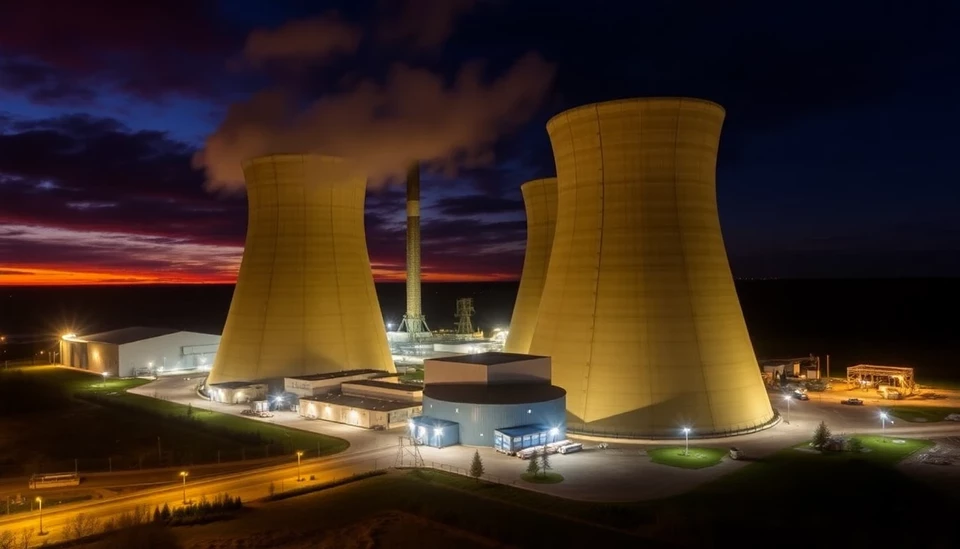
In a groundbreaking effort to pivot the energy landscape, Commonwealth Fusion Systems (CFS), based in the Boston area, has set its sights on a remarkable venture: converting decommissioned coal plants into nuclear power facilities. This transformative plan comes at a time when the world is grappling with the pressing need to reduce carbon emissions and transition to cleaner energy sources.
CFS, a spin-off from the Massachusetts Institute of Technology, has been making waves in the fusion energy sector since its inception. The company is at the forefront of developing advanced fusion technologies, which could potentially provide limitless clean energy. Their ambitious strategy not only aims to breathe new life into aging coal infrastructure but also seeks to utilize existing energy distribution systems to create an efficient transition to nuclear power generation.
The inspiration behind this initiative stems from the desire to mitigate the extensive damage caused by fossil fuel dependency. Coal plants, long viewed as relics of an environmentally damaging past, possess the foundational systems and grids that can be repurposed for fusion reactors. CFS believes this approach could yield a more rapid scaling of power generation while significantly cutting down greenhouse gas emissions.
As part of this plan, CFS has initiated collaborations with local governments and energy companies to assess existing coal facilities. The assessment phase involves evaluating which plants can be feasibly retrofitted for fusion operations, considering safety regulations and technological requirements associated with nuclear power. The integration of advanced technologies will position these repurposed plants at the cutting edge of energy production.
One of the main advantages of fusion energy is its potential for high-output power generation with relatively low environmental impact. Unlike fission, the process used in traditional nuclear power plants, fusion reactions combine atomic nuclei to release vast amounts of energy without producing long-lived radioactive waste. This progressive aspect is key to CFS's message to skeptical communities that may have lingering fears about nuclear energy.
Moreover, the transition from coal to fusion energy could rejuvenate local economies that have been impacted by the decline of coal mining and related industries. By harnessing the existing workforce and infrastructure, CFS anticipates job creation in sectors related to nuclear energy development, maintenance, and operation. This could also lead to the revitalization of towns that once thrived on coal production.
However, significant challenges remain on the path to realizing this vision. Regulatory hurdles and public perception of nuclear energy pose substantial obstacles. CFS will need to engage in extensive public outreach to inform communities about the safety and benefits of fusion technology. Building trust will be crucial, especially in regions where coal had historically been a dominant economic force.
As the world enters an era marked by climate urgency, CFS's innovative fusion project stands as a beacon of hope. By tackling the issues of energy production head-on and transforming existing structures, the company not only seeks to pioneer a new chapter in sustainable energy but also aims to redefine the narrative surrounding nuclear power amidst an ongoing global energy crisis.
As CFS forges ahead with its ambitious initiative, the eyes of the energy sector—and indeed the world—will be watching closely to see if this bold move could usher in a new wave of clean energy solutions.
#CommonwealthFusion #EnergyInnovation #CleanEnergy #NuclearFusion #CoalToNuclear #SustainableEnergy #ClimateChange #FusionTechnology
Author: Peter Collins
